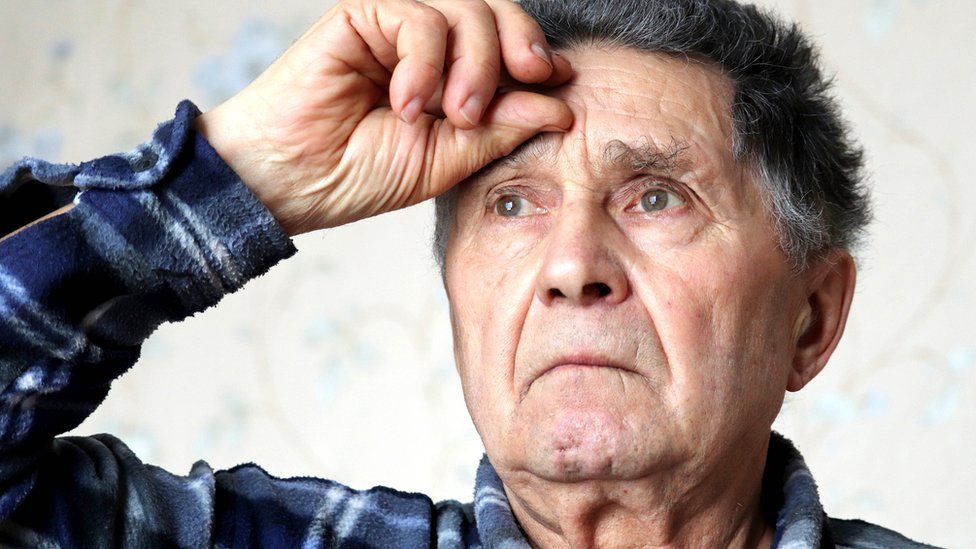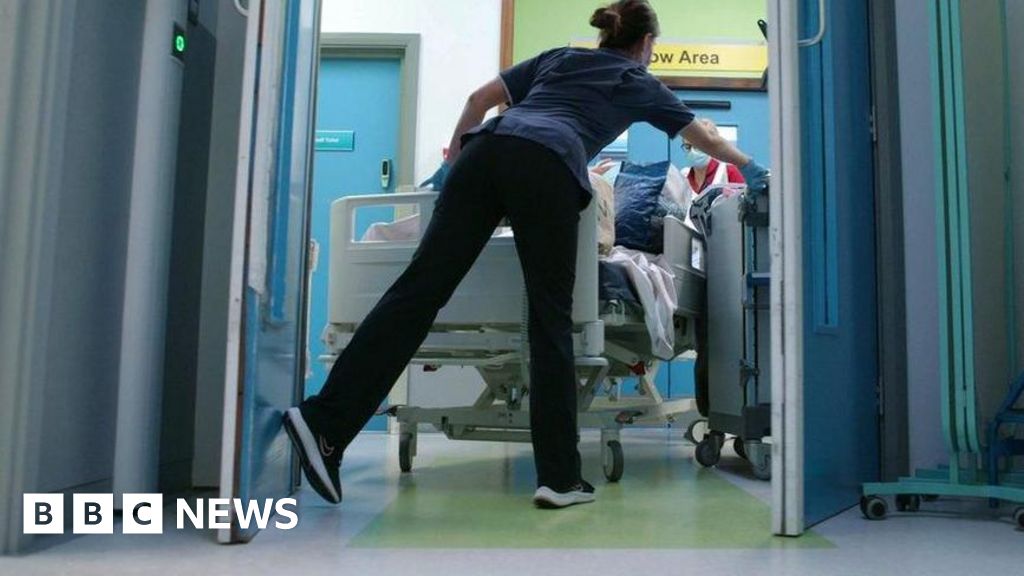ARTICLE AD BOX
 Image source, Getty Images
Image source, Getty Images
By Michelle Roberts
Digital health editor
The Covid pandemic may have impacted brain health in people in the UK aged 50 and over, according to a new study.
More than 3,000 volunteers completed yearly questionnaires and online cognitive tests to measure changes in memory, and other faculties, as the pandemic unfolded.
The results revealed a decline, irrespective of Covid infection.
Stress, loneliness and alcohol consumption may explain some of the findings, experts say.
Coping with Covid fears, worries and uncertainties and disruption to routines may have had a "real, lasting impact" on brain health, they say.
The rate of the drop in cognitive function was accelerated during the first year of the pandemic, when lockdowns occurred, the study found.
For memory issues, the decline continued into the second year.
People who already had some mild memory problems before the pandemic began had the worst overall decline.
Image source, Science Photo Library
The study, called PROTECT - published in The Lancet Healthy Longevity - was set up to help understand how healthy brains age and why some people develop dementia.
It uses brain-training games to check memory skills and reasoning, while the questionnaire looks for possible risk factors that could harm brain health.
The plan is to keep the study running in the future to see how participants fare, and what lessons can be learned to help others.
Based on the current findings, lead investigator Prof Anne Corbett, from the University of Exeter and previously King's College London, says pandemic conditions may have hastened brain decline.
"Our findings suggest that lockdowns and other restrictions we experienced during the pandemic have had a real, lasting impact on brain health in people aged 50 or over, even after the lockdowns ended.
"This raises the important question of whether people are at a potentially higher risk of cognitive decline which can lead to dementia.
"It is now more important than ever to make sure we are supporting people with early cognitive decline, especially because there are things they can do to reduce their risk of dementia later on.
"So if you are concerned about your memory, the best thing to do is to make an appointment with your GP and get an assessment."
Dr Dorina Cadar, a dementia expert from Brighton and Sussex Medical School, said the effect of the pandemic on the general population had been "catastrophic".
"Many of the long-term consequences of Covid-19, or the restriction measures implemented around the world, remain unknown,"
She recommended more research, and said although the findings could not prove cause and effect, there is mounting evidence that some of the factors described, such as social isolation, can negatively impact brain health.
Dr Susan Mitchell from Alzheimer's Research UK said: "While our genetics play an important role in the health of our brains as we age, we know that a range of health and lifestyle factors can impact our brain health.
"Sadly, there's no sure-fire way to prevent dementia yet, but meanwhile, taking care of our brains can at least help stack the odds in our favour. It's never too early or too late to think about adopting healthy habits, which includes looking after your heart health, keeping connected and staying sharp."
Related Internet Links
The BBC is not responsible for the content of external sites.

 1 year ago
27
1 year ago
27








 English (US) ·
English (US) ·